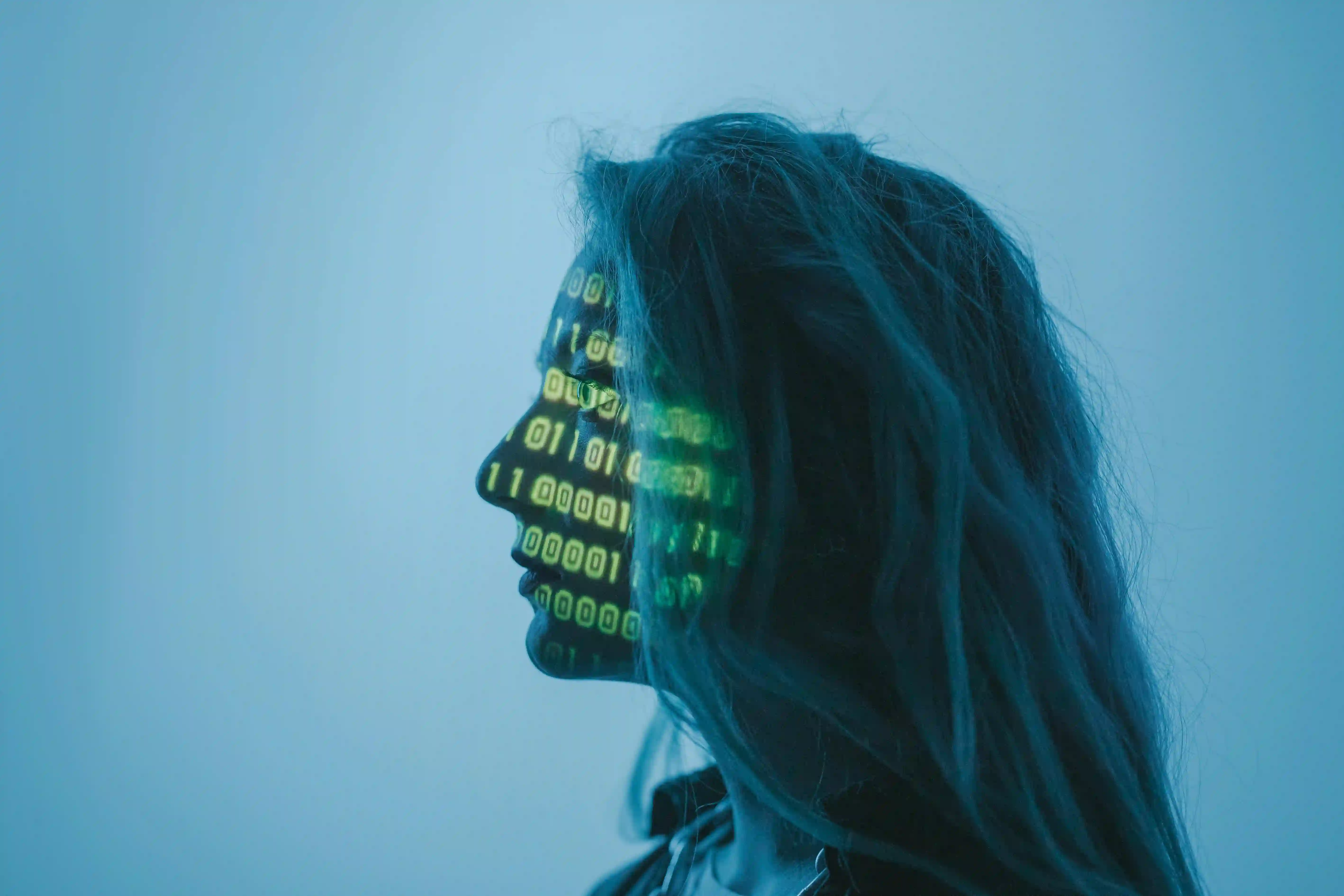The Role of AI in Creating a Modern Love Scam

AI integration in a love scam is more common than you think.
As technology advances, so do romance scams. And now, they’ve taken a scarier turn because of AI (artificial intelligence).
This technology is beneficial in some ways. It’s great for quick searches, improving efficiency, and generating creative ideas. But as with all things, it can cause damage when it falls into the wrong hands.
AI integrations, for example, make it harder for daters to spot a love scam. It’s a horror story waiting to happen.
With this, it’s helpful to understand how AI assists scammers in their field.
Cautionary Tales
Over the years, multiple AI dating scam stories have emerged.
One of them is about a computer programmer named Maggie. She and a man she connected with on Instagram messaged each other daily for five months. The consistent communication convinced her that she was experiencing something real.
When the day of their meet-up arrived, he didn’t show up. He reasoned that he missed his flight and needed rebooking fees. Her desperation led her to send him the money.
Unfortunately, he never showed. He also disappeared from the face of the internet. And this isn’t just a typical ghosting story. Why? Here’s the twist: the man never existed.
“When I reported the scam, the police told me his images were AI-generated. He wasn’t even a real person. That was the scariest part—I had trusted someone who never even existed,” says the victim.
BBC reported a similar case during their Scam Safe Week in 2024. They shared the story of Nikki MacLeod, a woman tricked by deepfake videos.
Deepfakes refer to altered/manipulated images or videos that misrepresent/malign/accuse someone of doing something they didn’t do.
MacLeod sent gift cards and transferred money, thinking she was sending cash to her online partner. At first, she felt skeptical, but the scammer reassured her through video messages, images, and documents, which police later told her were fake. In the end, she lost £17,000.
Think about how many became scam victims because of AI and how much the losses are. In Singapore alone, The Asian Banker estimated the loss to be 25.9 million SGD ($19.2 million) during the first half of 2023.
If the numbers aren’t enough to serve as a warning, we don’t know what is.
How Does AI Help Love Scams?
Romance scams usually involve generic emails and chats. But thanks to generative AI, scammers appear more authentic.
Tools like text generators help them write more sophisticated and heartfelt messages, adding believability. Some have progressed to a point where the generated content is nearly identical to real-life people’s writing, including celebrities and a victim's family or friends.
AI dating scams don’t stop at messages. They extend to audiovisual content.
Scammers use AI-powered deepfake technology to create audio clips and videos. You’ve probably seen some examples on social media, like fake public service announcements or celebrity interviews.
Some have mastered this to the point where their content has seemingly no traces of deception. It’s no wonder MacLeod, who was initially skeptical, was fooled.
Some websites also allow people to generate AI photos. This can be dangerous since scammers can create new identities out of simple prompts. Their realistic appearances can fool even some of the smartest and sharpest minds.

Love scams and AI are a sinister match, fooling even the sharpest minds.
Combating AI Dating Scammers
Scammers on dating apps and sites keep themselves updated on the latest tech trends to ensure they’re ten steps ahead of their victims.
As AI becomes more refined and accessible, the risk of falling for AI romance scammer tactics grows. A Norton report revealed that 27% of Americans who’ve used dating apps were targets of scams. A third fell victim to catfishers. (2024)
It isn’t wild to assume that the numbers will increase. Fortunately, as much as AI has advanced, so has protective technology.
AI Content Detectors
Some cybersecurity platforms have features that detect and block suspicious content. If you think you’ve received something fishy, a scan can catch it immediately.
Platforms like Deepware can detect deepfakes by identifying inconsistencies and pointing them out.
Remember what we said about text generators? Their results may appear convincing, but like other manipulated content, they can’t go undetected forever. Some applications, like Originality.ai and Winston, analyze language patterns and detect any trace of AI.
Manually Spotting a Love Scam
If you can’t afford those technological means (especially premium ones), don’t worry; exposing scammers is still within reach.
Say they sent you video messages. The first thing you should do is look into their eyes. Observe their eye movement and look out for unusual or unnatural gestures and glitches.
According to Dr. Lynsay Shepherd, an expert in cybersecurity and human-computer interaction at Abertay University, AI videos look legitimate. But if you observe the subject’s eyes, the movements aren’t quite right.
"There are a number of apps out there, even something as simple as a face swap app or filters, that can do this. You can sometimes see when people are talking, when you look around the jawline, the filter kind of slips a bit," she adds.
Peep their body language as well. Scammers try to steady themselves and avoid minimal gestures when creating deepfakes. One wrong move can ruin the video and make the whole sham obvious.
Have matches sent you pictures that look too good to be true? Maybe their photo lacks texture and detail, or their background is too dreamlike. If so, they may have stolen the identities of unsuspecting parties. Or, they’ve conjured fake personas of non-existent people.
Conduct a quick reverse image search to answer that question. You only need three things: your device, an internet connection, and evidence.
All you have to do is go to Google and tap or click Google Lens. Upload the photo(s) in question. Choose the area you want to use for the search by tapping a specific portion and dragging the corners of that section’s box.
Afterward, scroll down to see the results.
You can also refine your search by choosing the “Add to your search” option and entering relevant keywords. You can even single out a smaller area of your photo for more specific results.
While that’s happening, do your homework and look up your match online. They may have public records available for reading. This may seem like stalking, but it’s not. Your safety is at risk here. You can never be too cautious.
AI is a scary participant in a love scam. Don’t let appearances fool you and risk your safety over a sham.
References:
Dhaliwal, Jasdev. 2025. “AI Chatbots Are Becoming Romance Scammers—and 1 in 3 People Admit They Could Fall for One.” McAfee. https://www.mcafee.com/blogs/privacy-identity-protection/ai-chatbots-are-becoming-romance-scammers-and-1-in-3-people-admit-they-could-fall-for-one/.
Goodwin, Laura. 2024. “Romance Scammer Duped £17K from Me with Deepfakes.” BBC. https://www.bbc.com/news/articles/cdr0g1em52go.
The Asian Banker. 2024. “Tenable Warns of Deepfakes and Romance Scams.” The Asian Banker. https://www.theasianbanker.com/press-releases/tenable-warns-of-deepfakes-and-romance-scams.
Law, Marcus. 2024. “Norton: Report Highlights Rising Trend of AI Dating Scams.” Cyber Magazine. https://cybermagazine.com/articles/norton-report-highlights-rising-trend-of-ai-dating-scams.
